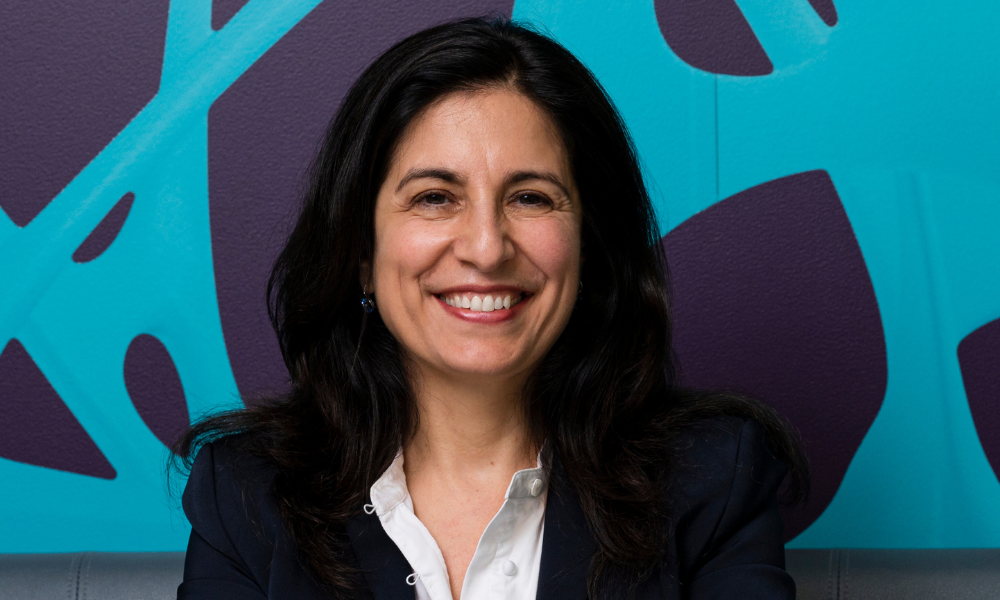What can HR professionals learn from the legacy of the founding father of Singapore?
Yesterday Singapore buried the man credited with transforming the city-state from a small colonial outpost to the financial powerhouse it is today.
Former prime minister and founding father of Singapore, Lee Kuan Yew, was privately cremated yesterday evening after a state funeral was held at the National University of Singapore’s University Cultural Centre.
Thousands of mourners flocked to watch the funeral and the 15.4km process before, highlighting one key thing: Lee will be remembered.
And with a 30 year tenure as prime minister, and life-long commitment to various roles in the governance of Singapore, arguably one of the most important aspects he will be remembered for is his leadership.
Jeremy Schwarz, an Ernest May Fellow in history and policy with the International Security Programme at Harvard Kennedy School's Belfer Centre for Science and International Affairs, identified three vital lessons in leadership people could learn from Lee, which appeared in the international affairs and diplomacy journal The National Interest.
The first lesson was to “see people, not racial groups”, Schwarz said.
“Mr Lee respected racial identity but would not be intimidated by it. He acknowledged race as a dimension of one's identity but sought to secure Singapore's national identity as a multiracial society.”
Lee’s ways of combatting racism included addressing access to education, employment and social integration, he said.
“The commitment to meritocracy and a commitment to addressing the underlying economic and social challenges remain as consistent parts of Singapore's approach towards maintaining a cohesive society.”
The second lesson was to “invest in people, not axioms”.
“Mr Lee based his entire economic development plan on a simple question: Does it work? If something worked, it was continued or improved upon.”
If something failed, it was scrapped and a new idea was employed.
“As such, he invested in infrastructure and national institutions, ranging from building Changi International Airport and the world's largest container port to establishing the Biopolis and Fusionopolis parks, and the research hubs at the National University of Singapore.
“In turn, Singapore maintained itself as a free port city while running one of the most highly successful publicly owned airlines in the world.”
Home ownership soared and led to the stability of Singapore's middle class through the sale of public housing to new families, Schwarz said.
“Corruption was met head-on through a combination of tough penalties and highly competitive salaries for the civil service.
“Government and corporate scholarships cemented a growing, well-educated middle class. Mr Lee was neither a neo-liberal nor a socialist; he was a pragmatist. He embraced ideas to the extent that such ideas yielded positive results.”
The third lesson was to “lead people from the front, don’t follow them from behind”.
“Mr Lee was fundamentally shaped by the brutality of the Japanese Occupation of Singapore. For Mr Lee, politics was about ensuring the survival of his country - his home and family - in an uncertain world.
“Simply put: You adapt or become irrelevant.”
Schwarz said Lee chose his battles wisely. “But once chosen, he broke his opponents before they could break him.”
“He ordered mass arrests to combat a nascent communist insurgency. He established universal military training for all males after independence. And he pursued tough and invasive policies in transforming the personal habits of his own people in order to transform Singapore into a "First World nation in a Third World region".”
Even in his final years, he tackled controversial subjects such as family planning, immigration and population growth, he said.
“His leadership has significantly and substantially improved the lives of the people of Singapore and, along the way, inspired other national leaders to do the same for their own people. And that is a legacy worth remembering.”
Former prime minister and founding father of Singapore, Lee Kuan Yew, was privately cremated yesterday evening after a state funeral was held at the National University of Singapore’s University Cultural Centre.
Thousands of mourners flocked to watch the funeral and the 15.4km process before, highlighting one key thing: Lee will be remembered.
And with a 30 year tenure as prime minister, and life-long commitment to various roles in the governance of Singapore, arguably one of the most important aspects he will be remembered for is his leadership.
Jeremy Schwarz, an Ernest May Fellow in history and policy with the International Security Programme at Harvard Kennedy School's Belfer Centre for Science and International Affairs, identified three vital lessons in leadership people could learn from Lee, which appeared in the international affairs and diplomacy journal The National Interest.
The first lesson was to “see people, not racial groups”, Schwarz said.
“Mr Lee respected racial identity but would not be intimidated by it. He acknowledged race as a dimension of one's identity but sought to secure Singapore's national identity as a multiracial society.”
Lee’s ways of combatting racism included addressing access to education, employment and social integration, he said.
“The commitment to meritocracy and a commitment to addressing the underlying economic and social challenges remain as consistent parts of Singapore's approach towards maintaining a cohesive society.”
The second lesson was to “invest in people, not axioms”.
“Mr Lee based his entire economic development plan on a simple question: Does it work? If something worked, it was continued or improved upon.”
If something failed, it was scrapped and a new idea was employed.
“As such, he invested in infrastructure and national institutions, ranging from building Changi International Airport and the world's largest container port to establishing the Biopolis and Fusionopolis parks, and the research hubs at the National University of Singapore.
“In turn, Singapore maintained itself as a free port city while running one of the most highly successful publicly owned airlines in the world.”
Home ownership soared and led to the stability of Singapore's middle class through the sale of public housing to new families, Schwarz said.
“Corruption was met head-on through a combination of tough penalties and highly competitive salaries for the civil service.
“Government and corporate scholarships cemented a growing, well-educated middle class. Mr Lee was neither a neo-liberal nor a socialist; he was a pragmatist. He embraced ideas to the extent that such ideas yielded positive results.”
The third lesson was to “lead people from the front, don’t follow them from behind”.
“Mr Lee was fundamentally shaped by the brutality of the Japanese Occupation of Singapore. For Mr Lee, politics was about ensuring the survival of his country - his home and family - in an uncertain world.
“Simply put: You adapt or become irrelevant.”
Schwarz said Lee chose his battles wisely. “But once chosen, he broke his opponents before they could break him.”
“He ordered mass arrests to combat a nascent communist insurgency. He established universal military training for all males after independence. And he pursued tough and invasive policies in transforming the personal habits of his own people in order to transform Singapore into a "First World nation in a Third World region".”
Even in his final years, he tackled controversial subjects such as family planning, immigration and population growth, he said.
“His leadership has significantly and substantially improved the lives of the people of Singapore and, along the way, inspired other national leaders to do the same for their own people. And that is a legacy worth remembering.”





